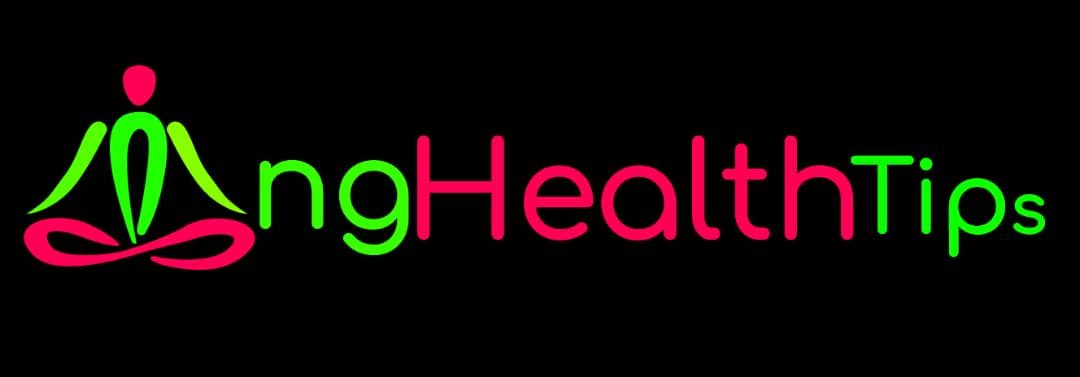Cholera Outbreak in Nigeria: Causes, Prevention, and Implications
The recent outbreak of cholera in Nigeria has raised significant concerns, especially the amount of people who had lost their dear lives since the outbreak in 2024.
This is not the first time the nation would be faced with cholera outbreak, and this points to the gap in our healthcare system, public health strategies and preparedness. It shows that more concerted efforts need to be made to address cases like this. The outbreak is particularly concerning as it coincides with a major festival in the country, leading to increased travel between different states and communities in Nigeria.

This blog post aims to shed light on the causes of cholera, its mode of transmission, preventive measures, and its implications for public health and the healthcare system.
Understanding Cholera
Cholera is a severe diarrheal disease caused by the bacterium Vibrio cholerae. The infection is typically contracted through the ingestion of contaminated water or food. It can lead to rapid dehydration and, if left untreated, can be kill within hours.
Causes of the Current Outbreak
There are several factors that contribute to the current cholera outbreak in Nigeria, this includes:
- Contaminated Water Supply: Inadequate access to clean drinking water is a significant issue. During the rainy season, flooding can cause sewage and other contaminants to mix with water sources.
- Poor Sanitation: Many areas lack proper sanitation facilities. Open defecation and inadequate waste management practices exacerbate the spread of the bacteria. A visit to some areas in Lagos will leave one amazed to hoe poor those areas are with very disturbing and foul smell.
- Overcrowded Living Conditions: High population density in urban areas can accelerate the transmission of cholera, especially in regions with limited access to clean water and proper sanitation. This is evident in the current outbreak, where Lagos, a highly crowded state, is experiencing the highest number of cases. The combination of overcrowding and poor sanitary conditions makes the situation particularly concerning.
Mode of Transmission
Cholera spreads primarily through:
- Contaminated Water: Drinking water that is tainted with feces containing Vibrio cholerae is a common transmission route.
- Contaminated Food: Consuming food prepared with contaminated water or handled by infected persons can also transmit the disease.
- Person-to-Person Contact: Although less common, cholera can spread through direct contact with an infected person’s feces.
Prevention Strategies
According to the World Health Organization, prevention is a key component for maintaining safe health service operations and mitigating risks of healthcare-associated infections during essential health service delivery. It is a practical, evidence-based approach for preventing individuals from being harmed by avoidable infections.

Preventing cholera requires a multi-faceted approach, particularly during this time when Nigeria as a country is faced with several other challenges. While outbreaks can happen even in the most developed nations of the world, this is not the best time to be sick in Nigeria, and thus, prevention becomes the most essential option to explore. To achieve this, the following are recommended:
- Ensure Access to Clean Water:
Use water purification tablets or boil water before drinking.
Avoid drinking untreated water from rivers, lakes, or ponds.
- Promote Good Hygiene:
Regular handwashing with soap and clean water, especially after using the toilet and before eating or handling food.
Proper disposal of human waste to prevent contamination of water sources.
- Safe Food Practices:
Cook food thoroughly and consume it while hot.
Avoid raw or undercooked seafood and street food unless it is known to be safe.
Wash fruits and vegetables with clean water and avoid eating unwashed fresh fruits.
- Community Awareness:
This is the best time for public health professional and health educators to swing into action and educate the community about cholera outbreak, its causes, symptoms, mode of transmission, preventive strategies and the importance of seeking prompt medical care.
Providing adequate information about the disease and on how to make oral rehydration solutions at home.
Implications for Public Health
The current cholera outbreak in Nigeria poses several public health challenges:
- Increased Mortality and Morbidity: Cholera can cause severe dehydration and death if not treated promptly, leading to higher mortality rates.
As of this posting, over 401 cases of cholera have been reported, with more than 37 confirmed deaths. Additionally, there are likely many unreported cases, which heightens the concern about the true extent of the outbreak.
- Strain on Healthcare Facilities: The surge in cholera cases puts immense pressure on already overburdened healthcare systems, making it difficult to provide adequate care for all patients.
It is also essential to recall that the country is still faced with exodus of health professional into other countries for greener pasture. This further reiterates the need to be embrace and explore preventive strategies. It is a vital tool to curtail the spread of the disease.
- Economic Impact: The outbreak can disrupt economic activities, particularly in affected communities, due to illness and the need for medical care.
- Disruption of educational activities: Nigeria’s cholera outbreak is disrupting education, causing widespread impact. Parents and guardian are keeping children home, resulting in missed instruction and learning opportunities. In severely affected areas, schools may temporarily close to prevent the spread, depriving students of structured education and social interactions crucial for development.
- Burden on the Healthcare System
The healthcare system in Nigeria faces significant strain due to the cholera outbreak:
- Resource Allocation: Hospitals and clinics may struggle with a shortage of essential supplies like IV fluids, rehydration salts, and antibiotics.
- Healthcare Worker Fatigue: The increased workload can lead to burnout among healthcare workers, impacting the quality of care and do not forget that Nigeria has not met the international standard of Doctor-Patient ratio, so, the outbreak will pose a significant burden on the available ones.
- Need for Emergency Response: The government and health organizations must mobilize emergency response teams to manage the outbreak, diverting resources from other health initiatives.
The 1 kobo/cent/dollar advise:
Embrace prevention, and so all you can to stay healthy. Report any suspected case to the hospital.
Stay healthy!








